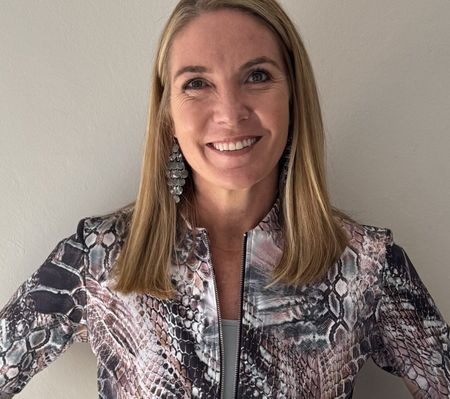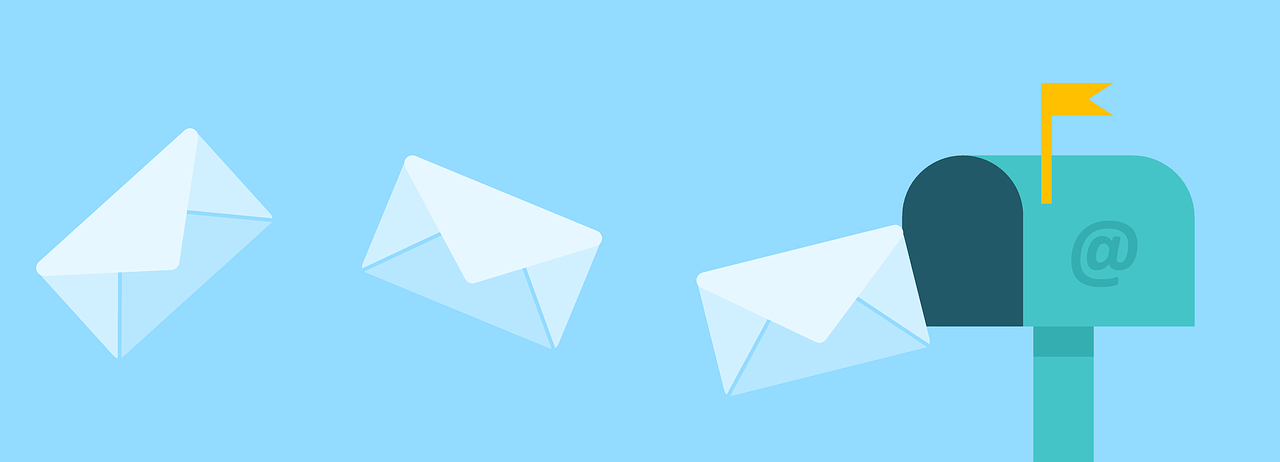For many of us, checking our inboxes has become a compulsive action. It is the modern version of the physical in-tray, and it fills up constantly, with a never-ending barrage of the important, the trivial, the necessary and the mundane; confusingly lumped together.
We seem to have collectively decided that we need to be available almost constantly to acknowledge and revert. Responding becomes proof that we are working, when often it is proof that we are not.
We sift through our inbox contents compulsively, intending to go back and deal with the contents in detail another time.
Here and there we fire off a quick thank you or an acknowledgement, often copying countless others in the trail and unthinkingly contributing to their inbox clutter too.
If we had to add up all the minutes we spend just checking, opening, scanning, and closing, we would probably be mortified at the cumulative time wasted.
In addition to this, we would be shocked at the cost to our attention and the resulting impact that this has on the projects that we do decide to focus on.
In a working day, our focused work time (doing work that moves the needle on our career dashboards) should outweigh our distracted or available time.
Imagine filling our available time with meaningful discussions with some of the people who have emailed us — and using conversation as a tool to generate understanding, and power progress, rather than the stilted stop/start of email threads, where people contribute “on the run” rather than fully and in the moment.
This is a difficult thing to change, especially if you are working in a corporate culture that dictates certain ways of working. But remember this: you get to choose how you work.
If you consistently deliver (qualitatively and on-time), and manage the expectations of others realistically, you will be surprised to find that people will start to give you the space that you require.
Consider developing a reputation for responding to emails only where it is necessary, on a slightly longer time frame, but with impressive, well thought out, articulate contributions that you have worked on in your focus time.
Try this: Better email management
- Eliminate all junk emails — create rules or unsubscribe.
- Use your mornings for your focused work, where you create one or one-and-a-half hour sessions where you shut down all distractions, and use your morning energy and undiluted focus to do your best work on the things that count. (Clearing your inbox absolutely does not count as focused work.)
- All notifications off (no distracting pings or dings at all) other than for phone calls.
- Check your inbox for the first time after your focused work. Most of us are not in the business of saving lives, and if something is that urgent, someone will call you or come and find us.
- Even just opening and scanning before you start your important work will distract you and lessen the level of your output. Be disciplined. Do not check your inbox, even if it takes under a minute.
- Make others aware of your way of working. Explain that you use your mornings for important work, and some important meetings, and that your afternoons are free for administration and email responses.
- Cultivate a reputation for responding reliably and qualitatively, (not quickly and without all the answers) and only to the emails that are relevant.
- Every mail you send generates another response, so do not reply unless it is necessary.
- Practise what you preach: send far fewer emails, make them thorough and usable, and use real-life conversations to cover as much ground on topics and projects as possible.
- Experiment with making a specific time to check your emails each day. Schedule an hour to open your inbox, read what is relevant, allocate time in your diary for actions required from you, respond with quick information where necessary, delete and opt out of whatever is not. Then, shut your inbox down and move on to other things, knowing that it will be there for you at the same time the next day.
The impact it will have
Doing those few simple things, you might find as a result that you have much more time in your day to do important and meaningful work; more satisfaction in your work as the level of your quality, creativity and thoroughness increases. You might also simply have less work jitters, as you slowly work on removing the need to compulsively check your inbox. It will be there waiting for you, at your allocated time.
You will be known for being intentional and reliable, and for not contributing to the clutter that others must navigate; you might gain a reputation for not always being immediately available, but for being worth waiting for when you are.
No one says we must compulsively check emails multiple times every day. We choose to do it, and we in doing so are creating a way of working that can be far from satisfying.
Depth is rewarding, and results in ground being covered. Skimming is anxiety-inducing, and results in fatigue.
Choose to ditch the distractions. It’s far more fun to be focused. DM





 For many of us, checking our inboxes has become a compulsive action. But it doesn't have to be that way. (Illustration: Pixabay)
For many of us, checking our inboxes has become a compulsive action. But it doesn't have to be that way. (Illustration: Pixabay)